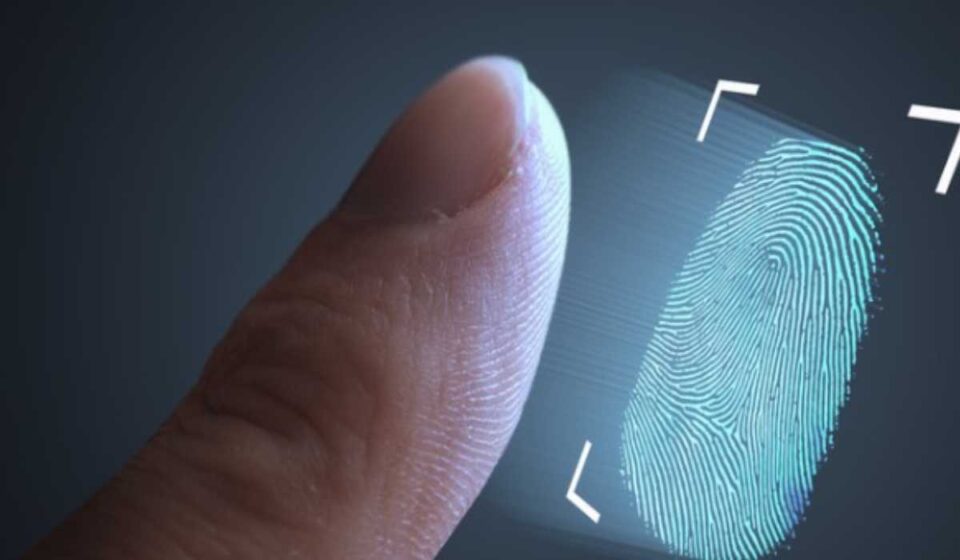The integration of biometric data, such as facial recognition and fingerprint scanning, into business operations is rapidly gaining traction, promising enhanced security and more personalized services. Companies are leveraging these technologies to streamline processes, from secure customer authentication to targeted marketing strategies based on individual biometric profiles. The convenience and precision offered by biometric data have made it an attractive option for businesses looking to improve user experience and safeguard sensitive information.
However, this growing reliance on biometric data raises significant ethical concerns. The collection and storage of such deeply personal information pose serious risks, including potential data breaches and misuse. Unlike passwords, biometric data is immutable; once compromised, it cannot be changed. This permanence amplifies the stakes, as any breach could have lifelong consequences for individuals whose biometric identifiers are exposed. Furthermore, the use of biometric data often blurs the line between surveillance and service, with companies potentially infringing on privacy rights without adequate transparency or consent.
The ethical dilemma surrounding biometric data in business is a double-edged sword. While the technology offers undeniable benefits in terms of security and personalization, it also demands a rigorous ethical framework to ensure responsible use. Companies must navigate the fine balance between innovation and the protection of individual rights, establishing clear guidelines for data usage, consent, and security. As businesses continue to embrace biometric technologies, the conversation around ethics and regulation will only become more critical.


